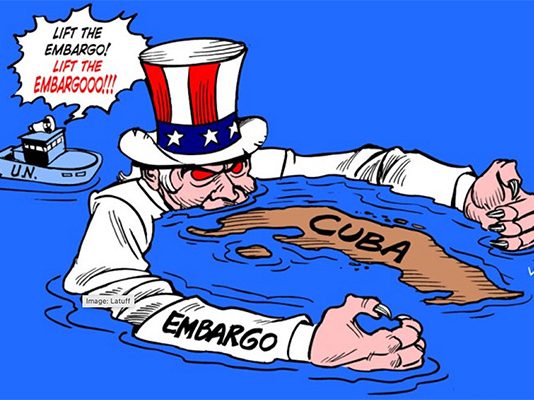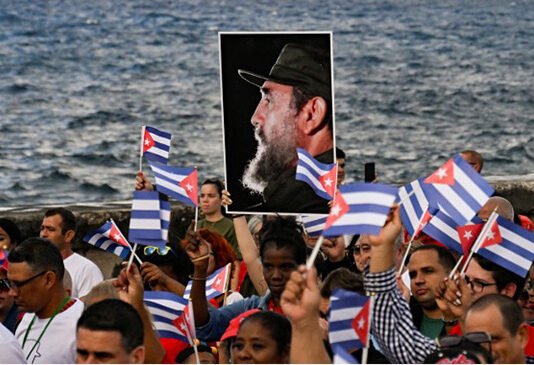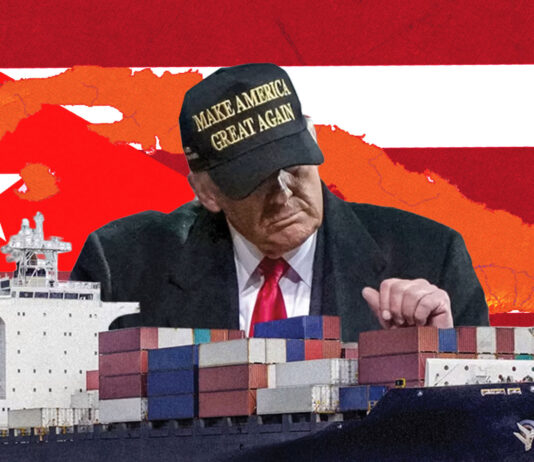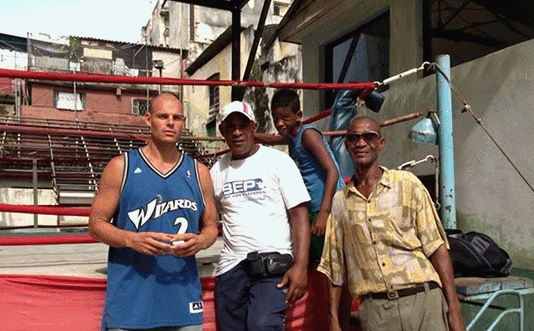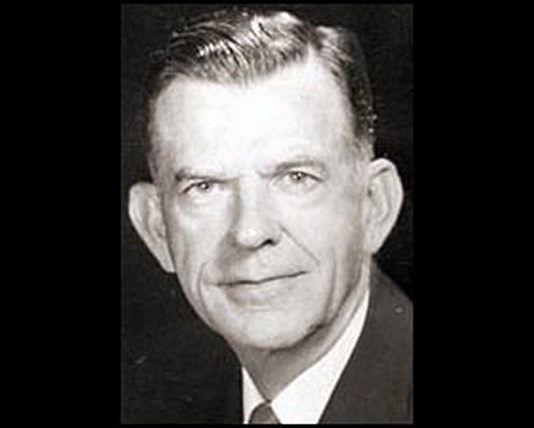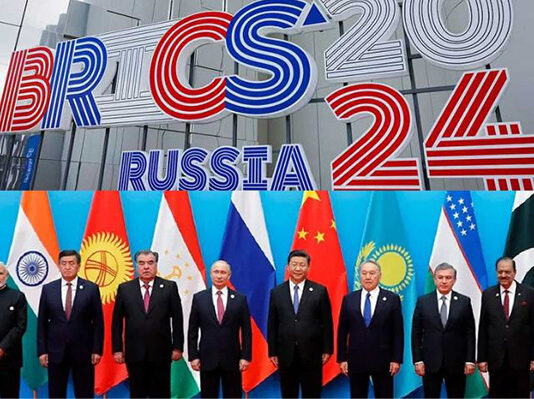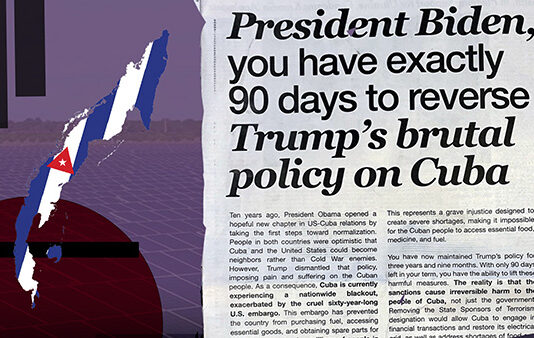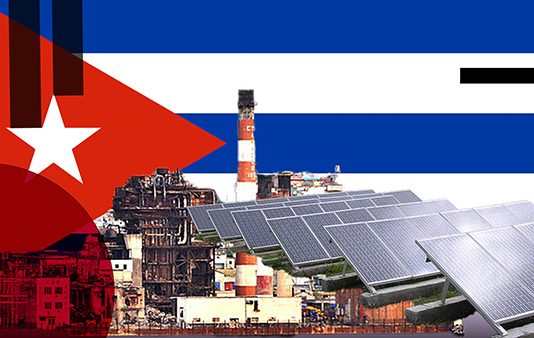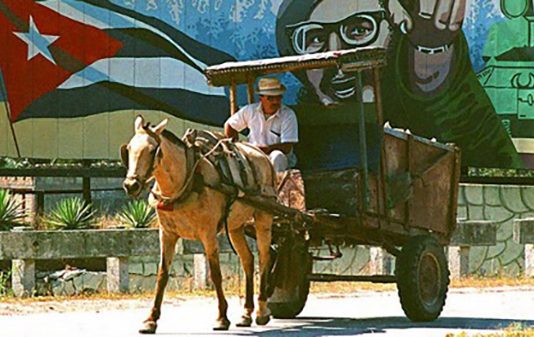Cuban President Miguel Díaz-Canel is Defiant as President Joe Biden Extends Criminal Blockade on Cuba For 61st Year
Jeremy Kuzmarov - 1
Díaz-Canel Characterized Blockade As Part of a “Tightened Siege” Resulting from An “Unjust International Order”
On September 14, President Joe Biden announced the extension of the U.S. blockade of Cuba for another year, until at least September 14, 2024.
In a memorandum directed to the Secretary of State and Secretary of...
Despite Marco Rubio’s Warnings, This is the Time to Go to Cuba in Solidarity Against Latest U.S. Aggressions
Colonel (Ret.) Ann Wright - 0
I came back from Cuba over last weekend, where I had not been for a year.
Despite the warnings from the U.S. State Department and Marco Rubio, now is the time for U.S. citizens to travel to Cuba in solidarity with the Cuban people against the latest U.S. aggressions in the...
CovertAction Bulletin – U.S. Hands Off the Caribbean: Let Cuba Live!
Rachel Hu and Chris Garaffa - 0
The situation in Cuba is dire as the Trump administration ramps up its campaign to destabilize the country and destroy its revolution...
An Ethnographic Portrait of Youth, the Blockade and Survival in Havana Today, on the 72nd Anniversary of the July 26th Attack
Argentinian sociologist Atilio Borón, analyzing the impact of Western sanctions on Nicaragua, Venezuela and Cuba, explains that hunger is more dangerous than any bomb imperialism could drop on the...
From the JFK Documents File: CIA Operative William Pawley Planned with Right-Wing Cuban Terrorists to Sabotage Cuba’s Sugar Supply in the 1960s
Editors - 1
Pawley ironically believed U.S. funding to exile operations would be putting money down a rat-hole because Cuban revolutionary leader Fidel Castro was in control of Cuba and had the support of a large number of Cubans, especially the underprivileged.
MEMORANDUM FOR THE RECORD
SUBJECT: Highlights of Tape-Recorded Conversation in Miami...
Repeating role as member of Cold War Non-Aligned Movement
Cuba was accepted with 12 other countries as an associate member of BRICS (Brazil, Russia, India, China, South Africa) at the 16th BRICS summit in Kazan, Russia in late October.
The other new associate members, which bring the BRICS grouping to...
The devastation of Hurricane Oscar, which hit Cuba on October 18th, has significantly worsened the deep crisis of the island’s electric grid. The U.S. government and its media lackeys are trying to blame the socialist government for supposed mismanagement of the country’s power system, but the reality is that the biggest contributor to the situation is the U.S. blockade of Cuba...
The Biden Administration is pursuing a policy of “energy chasing,” where U.S. regulators put pressure on foreign-owned fuel supply companies, shippers and even financial insurers so that they back out of deals to bring “fuel to our ports.” On March 17, there were significant protests in eastern Cuba against the blackouts. The president says the authorities have gone to dialogue with them and explain the country’s energy problems...
Workers Parliaments Saved Cuban Revolution After Collapse of the Soviet Union in the 1990s and Can Save it Again
Jeremy Kuzmarov - 0
Cuba is currently facing what National Public Radio (NPR) called its worst economic crisis in decades, fueled by the U.S. blockade, diminished access to Venezuelan oil and the lingering effects of the COVID-19 pandemic.
Power cuts, due to the lack of oil supplies, are common and can sometimes last up...
No Significant Change in U.S. Policy Toward Cuba As the Biden Administration Concedes That It “Has Not Even Begun the Review Process” to Remove Cuba from the List of State Sponsors of Terrorism
The U.S.-enforced embargo on Cuba is now more than 60 years old. First introduced by the Kennedy...
